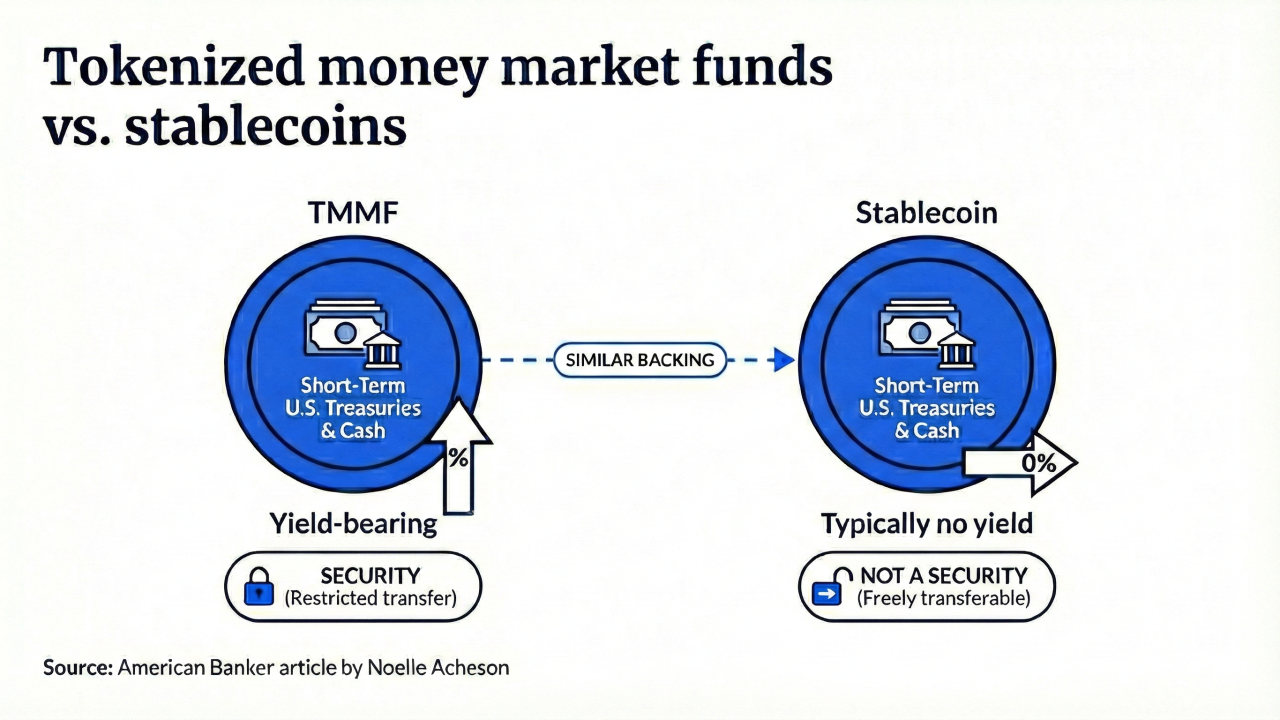A law firm accused of deceptive marketing in loans to first responders and pro football players notched another legal victory Wednesday as a judge dismissed a lawsuit filed by New York's attorney general against the firm.
Chief District Judge Loretta A. Preska of the U.S. District Court for the Southern District of New York already had disqualified the Consumer Financial Protection Bureau
The CFPB and former New York Attorney General Eric Schneiderman

Preska had ruled that the CFPB is unconstitutional, saying that Title X of the Dodd-Frank Act, which created the agency, was invalid.
In that June decision, Preska had ruled that New York’s attorney general had the independent authority to bring claims against RD Legal under the Consumer Financial Protection Act. But she appeared to backtrack in the decision Wednesday, saying that the state's AG lacks the appropriate federal jurisdiction.
"The NY AG's remaining state law claims do not present a ‘substantial question’ of federal law giving rise to federal jurisdiction,” she wrote.
The company said it was pleased with the court’s ruling.
“As we have always believed, this case never should have been brought in the first place and today’s order provides for the full relief we originally requested in our motion to dismiss,” said Michael Roth, a partner at Boies Schiller Flexner who represents RD Legal.
A spokeswoman for New York Attorney General Barbara Underwood said the agency is reviewing its options.
“As the judge stated, our office has alleged clear violations of the law; the decision itself hinged on the judge’s interpretation of the constitutionality of specific provisions of the Consumer Financial Protection Act,” said Amy Spitalnick, a spokeswoman for Underwood.
Regulators allege that the high-cost loans offered to first responders and NFL players were illegal because they exceeded New York state usury limits.
Lawyers have said it is unclear what effect Preska's ruling will have on constitutional questions about the CFPB, which have already come up in other courts. A three-judge panel of the U.S. Court of Appeals for the D.C. Circuit ruled in 2016 that the CFPB was unconstitutional, upholding a lower court's decision. But the full D.C. Circuit
Preska's ruling is not binding on other judges in the southern district or elsewhere, and does not affect two decisions by the U.S. Court of Appeals for the D.C. Circuit that have





